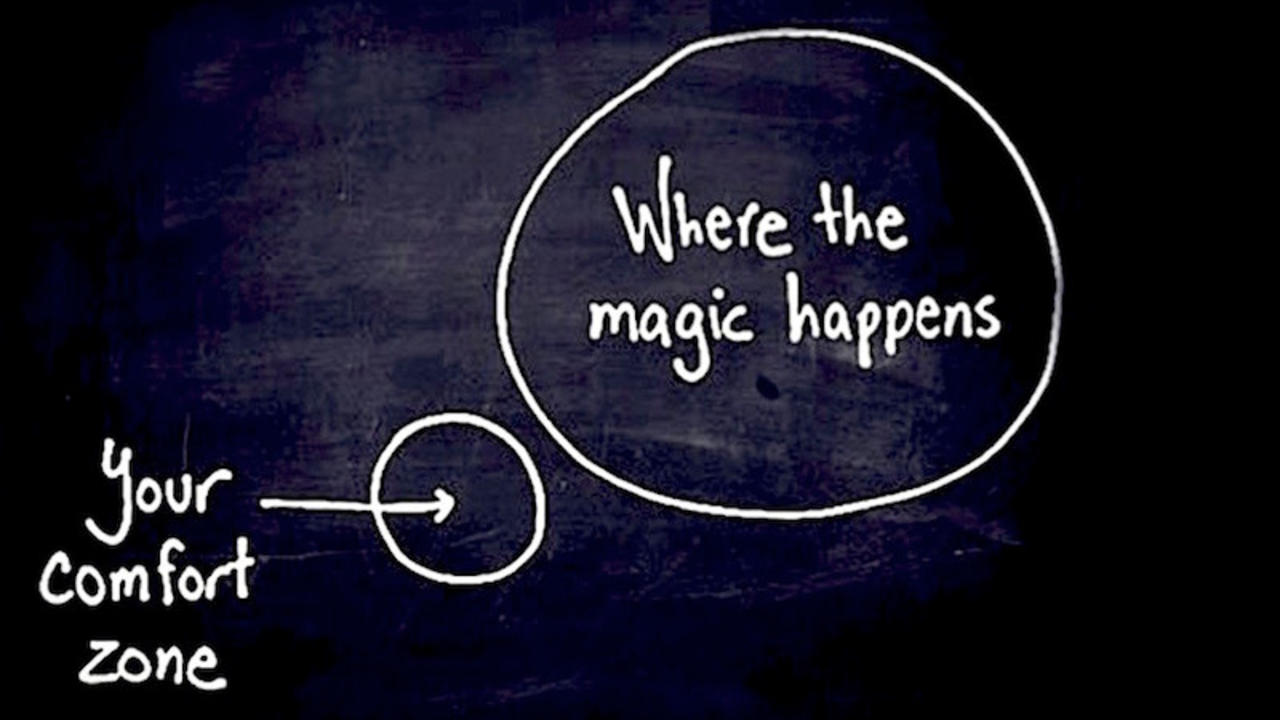Leadership for the Future

Leadership is not a title that you can acquire and it has nothing to do with ‘position’. Rather it is about attitude, skill, approach and the manner in which you are able to influence outcomes and situations. You cannot become a leader by holding a leadership position. It is also not true that everybody can be a leader. Yes we can all develop leadership skills, but not everybody has it in them to become a leader and carry the responsibilities that go with this.
The kind of leadership that is required for our future is based on initiating and facilitating transformational change, inner and outer, by empowering people. The old paradigm where we expect leaders to have the answers for us and decide for us what is needed is coming to an end.
Transformational leaders are future-oriented and are not interested in telling people what they need to do. Instead they empower people to find the solutions co-creatively by learning and discovering:
- What is being asked of us now and why,
- How can we make this happen and take-up the challenge;
- What do we need to learn and change to succeed;
- How can we do this together and exceed beyond what is required, and;
- In what way can we document and share what we have learned for the benefit of others, including the future generations.
if we apply the questions above to leadership for our future it can guide the vision, direction, goals, outcomes and process for what is required. This can also guide the understanding for ‘why’ change is needed now, ‘how’ change can happen, and ‘what’ kind of change is required.
According to Ashoka, one of the leading organizations in the world for social entrepreneurship: “Social entrepreneurs are individuals with innovative solutions to society’s most pressing social problems.. Rather than leaving societal needs to the government or business sectors, social entrepreneurs find what is not working and solve the problem by changing the system, spreading the solution, and persuading entire societies to move in different directions.”
The social entrepreneurial model provides a good example of transformational leadership. Transformational leaders initiate deep and systemic changes. They guide people to where we do not want to go and transform resistance into new opportunities for growth and learning. Change for sustainability is something that most people resist when it comes to the deeper changes. The easy changes are the ones provided for through ‘green technologies’. The harder changes are those that require that we change our life-style, habits, and the way we think and relate. These fundamental changes are difficult to undertake when we live in a society that is invested in you avoiding these deeper changes.
To develop transformational leadership requires development of vision, courage, compassion, creativity, ingenuity, innovation, and relational skills. This requires a a deep commitment to our personal mastery first coupled with a genuine desire to create maximum positive impact for the wellbeing of others, including future generations.
Leadership Lessons
How will we know whether the leadership lessons as shared through this video about ‘leadership mistakes’ also apply to us? It is easy to think that we are not like those leaders. A good way to find out is to ask people around us (and make it safe for them) to honestly share their experience of us. Transformational leaders engage in these kind of practices frequently. They create a culture of trust, openness and co-learning as the foundation for transparency, integrity and empowerment. They want to know about their blind-spots, because they are committed to their ongoing personal development. And they have a genuine interest in the wellbeing and development of people around them. Transformational leaders inspire change by demonstrating in action and in being what this means. They get that leadership in an ongoing learning and development process where there is no final goal or point of achievement. If anything the goal is to keep learning and growing by embracing Life and the wisdom it offers us in each new experience! If you apply this to organisational learning and development you will be able to co-create the most amazing Learning Organisation.
© 2014, Anneloes Smitsman

